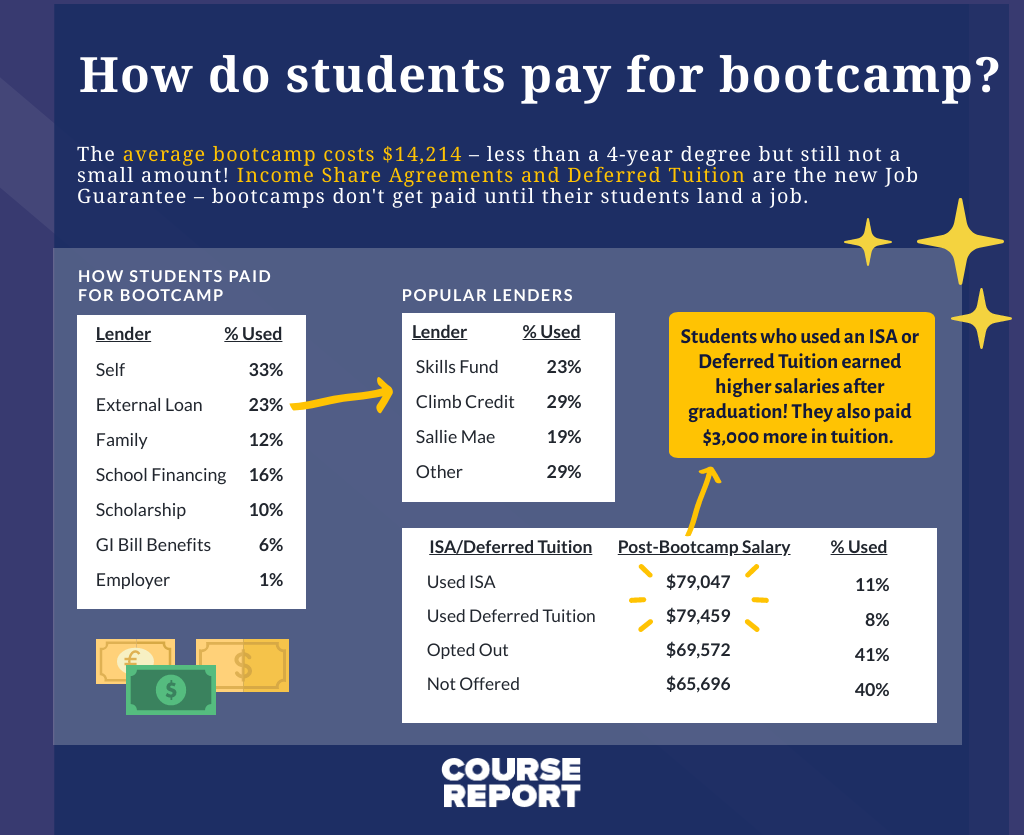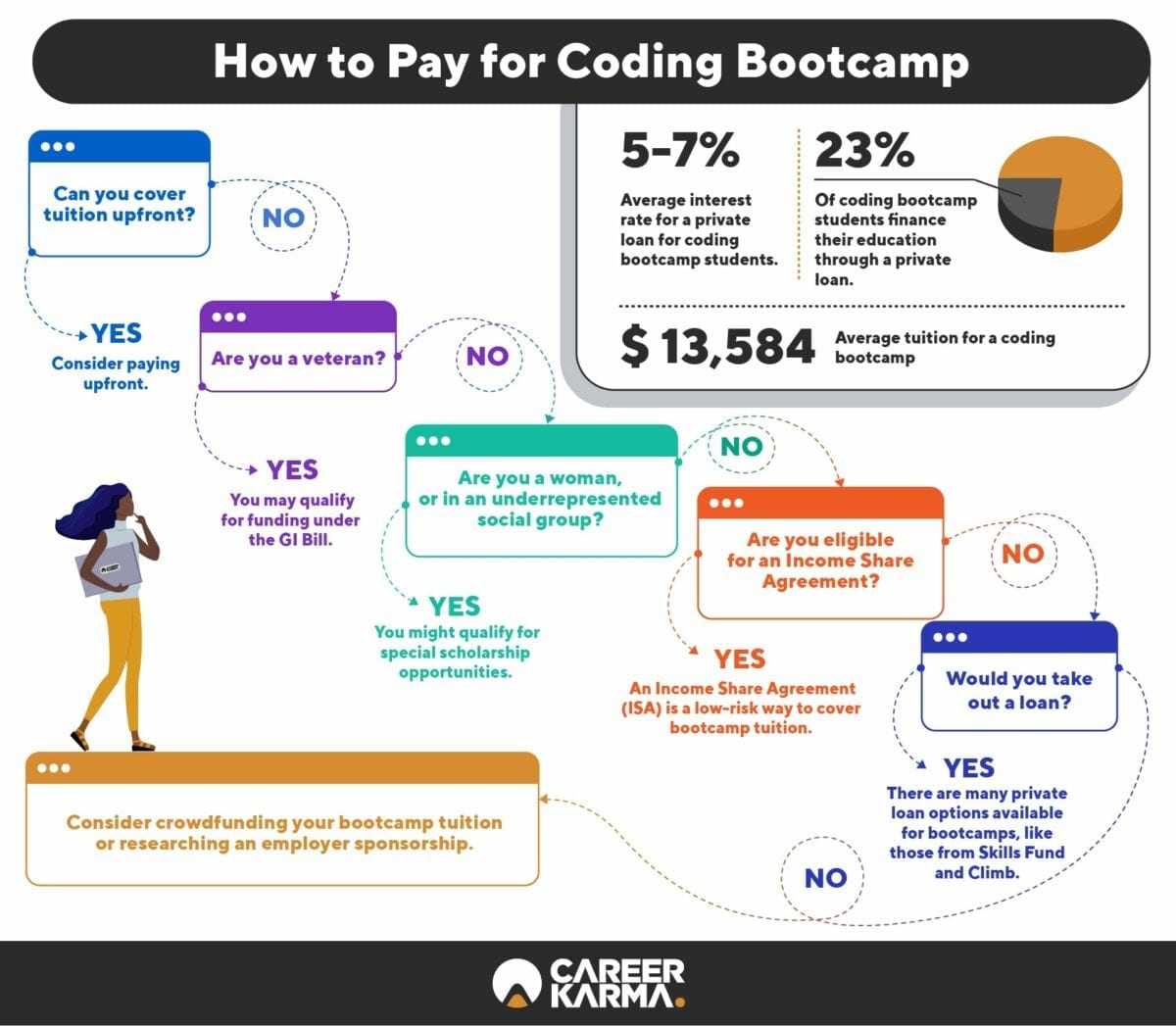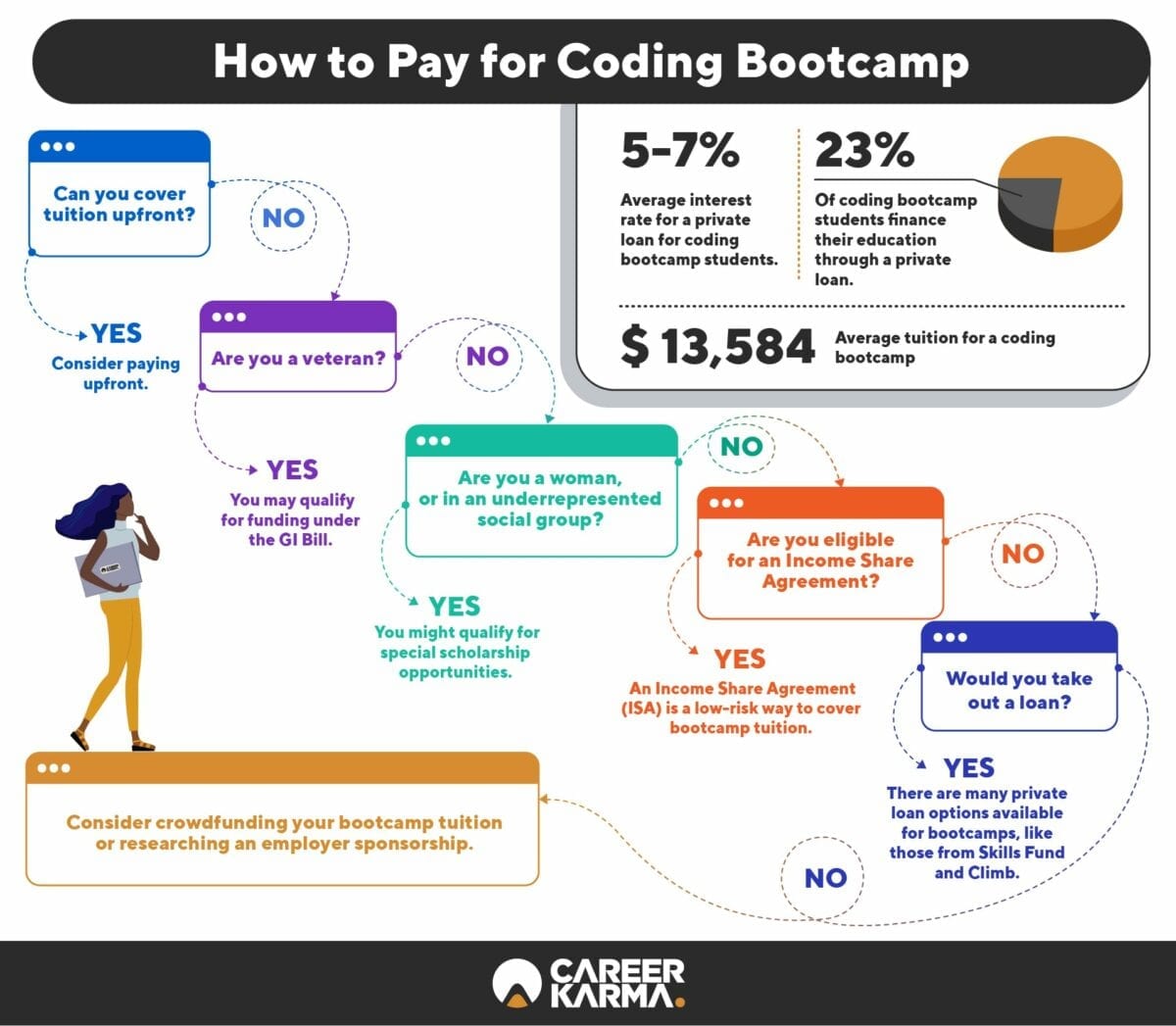Types of Deductible Expenses: Is Coding Bootcamp Tax Deductible

Determining which coding bootcamp expenses are tax-deductible can significantly reduce your overall cost. The deductibility hinges on whether the course qualifies as education expenses under the IRS guidelines, specifically if it helps maintain or improve your current job skills, or if it’s required for your current employment.
Understanding the specific expenses and the necessary documentation is crucial for a successful tax deduction claim. Failing to keep proper records could result in the IRS rejecting your claim.
Deductible Coding Bootcamp Expenses
Tuition, fees, and books directly related to your coding bootcamp are typically considered potentially deductible expenses. Tuition covers the core instruction costs, fees might include application fees or lab fees, and books represent any required course materials. Other potential expenses, depending on your situation, could include costs associated with transportation to the bootcamp (if it’s not online) or computer equipment specifically required for the program. However, it’s crucial to remember that these are *potentially* deductible; the IRS will assess whether the expenses meet their criteria for educational expenses.
Required Documentation for Deductible Expenses
Maintaining meticulous records is paramount. For each deductible expense, you’ll need reliable supporting documentation. This typically includes official receipts, invoices, or statements from the coding bootcamp. These documents should clearly show the date of purchase, the description of the expense (e.g., “Tuition,” “Software License Fee”), and the total amount paid. If you used a credit card or debit card, a statement showing the transaction details is also acceptable. Keep all your documentation organized and securely stored for at least three years after filing your tax return, as this is the typical IRS audit window.
Coding Bootcamp Expense Deductibility
| Expense Type | Deductible? | Supporting Documentation |
|---|---|---|
| Tuition | Potentially, if it meets IRS criteria for education expenses. | Tuition invoice or statement from the bootcamp. |
| Fees (Application, Lab, etc.) | Potentially, if directly related to the course. | Receipts or invoices from the bootcamp. |
| Books and Course Materials | Potentially, if required for the course. | Receipts or invoices from the bookstore or online retailer. |
| Software (if specifically required) | Potentially. | Invoice or receipt from the software vendor. |
Limitations on Deductible Education Expenses
The IRS imposes limitations on the amount of education expenses you can deduct. The American Opportunity Tax Credit (AOTC) and the Lifetime Learning Credit (LLC) are two common credits that can reduce your tax liability for qualified education expenses, including some bootcamp costs. However, there are income limitations and other eligibility requirements for these credits. Additionally, deductions for education expenses may be limited depending on your adjusted gross income (AGI) and other factors. It’s advisable to consult a tax professional or use tax software to determine the most advantageous way to claim these deductions or credits given your specific circumstances. For example, if your AGI exceeds a certain threshold, you might not be eligible for certain credits, even if your bootcamp expenses would otherwise qualify.
Alternative Deduction Methods

While directly deducting coding bootcamp expenses as a business expense or education expense is a common approach, alternative tax benefits might offer more significant savings depending on your individual circumstances. Exploring these alternatives is crucial to maximizing your tax advantages.
The Lifetime Learning Credit (LLC) and the American Opportunity Tax Credit (AOTC) are two primary alternative methods that could potentially reduce your tax liability related to coding bootcamp expenses. These credits differ in their eligibility requirements and maximum credit amounts, making a careful comparison essential.
Lifetime Learning Credit
The Lifetime Learning Credit (LLC) offers a tax credit for qualified education expenses, including those incurred for courses taken at coding bootcamps. Unlike the AOTC, the LLC is not limited to the first four years of higher education and can be claimed for an unlimited number of years. However, the maximum credit is capped at $2,000 per tax return, regardless of the expenses incurred. To be eligible, the student must be taking courses to acquire job skills or to pursue a degree or other credential. The student must be enrolled at least half-time at an eligible educational institution. The LLC is nonrefundable, meaning it can reduce your tax liability to zero but you won’t receive any of the credit back as a refund.
American Opportunity Tax Credit, Is coding bootcamp tax deductible
The American Opportunity Tax Credit (AOTC) is another potential avenue for reducing your tax burden related to coding bootcamp expenses. However, unlike the LLC, the AOTC is limited to the first four years of post-secondary education. The maximum credit is $2,500 per eligible student, but the credit is phased out for higher income taxpayers. To qualify, the student must be pursuing a degree or other credential at an eligible educational institution and be enrolled at least half-time. The AOTC is partially refundable, meaning that up to 40% of the credit can be received as a refund even if it exceeds your tax liability.
Comparing the LLC and AOTC
The choice between the LLC and AOTC hinges on several factors. For students pursuing longer-term educational goals or continuing education beyond the first four years of college, the LLC might be more beneficial due to its unlimited duration. However, the AOTC offers a higher maximum credit amount ($2,500 versus $2,000) and partial refundability, which could be more advantageous for those in lower income brackets. The specific circumstances of each individual, including income level and the length of their educational pursuits, will dictate which credit is more advantageous.
Situations Where Alternative Methods Are More Advantageous
Using an alternative method like the LLC or AOTC might be more beneficial than directly deducting expenses when the coding bootcamp expenses exceed the standard deduction, and the taxpayer falls into a higher tax bracket. The tax credits directly reduce the amount of tax owed, rather than just reducing taxable income. For example, a high-income individual who incurred $10,000 in coding bootcamp expenses might find that claiming the AOTC or LLC results in a greater tax reduction than itemizing the expenses. The refundable portion of the AOTC could also be particularly valuable for those with low or no tax liability.


Tim Redaksi